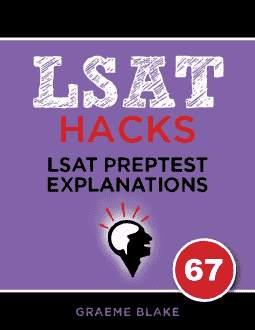DISCUSSION: See the middle part of paragraph 5 and the second half of paragraph 6.
Parliament still had sovereign omnipotence. They could cancel loans if they wanted. But because Parliament represented commercial interests, they could be trusted not to cancel loans.
So as long as lenders believed that Parliament represented commerce, lenders could give Parliament lower interest rates.
___________
- The point of the paradox is that it doesn’t matter if the Sovereign is aware of it (that includes Parliament). A sovereign can’t legally limit their own power, even if they want to.
- CORRECT. If Parliament represents commercial interests, then they would not cancel loans even if they have the power to do so. They value property rights (the middle part of paragraph 5).
- This is irrelevant. Parliament has to pay back loans whether or not there was a recent election.
- Why should creditors care about the number of laws? They only care whether Parliament is likely to pay back loans.
- This seems a bit relevant. But as long as Parliament is committed to paying back loans, it shouldn’t matter whether borrowing has increased a bit. Also, the total amount of debt is more relevant than whether borrowing has increased recently.


Leave a Reply